Theological Writings on Disability
Anabaptist faith calls us to center the experiences of people who have been relegated to the margins. Our staff and field associates think deeply about how their disability advocacy intersects with their Anabaptist faith, and their understandings of disability theology shape the conversation in the Anabaptist world and the broader faith community. These writings reflect some of ADN’s and others’ contributions to these conversations, calling readers into redefining their understanding of “human,” dismantling ableist interpretations of the Bible, and addressing deeper structural barriers to belonging.

True Eyes!
As a blind pastor, Brandon Grady uses the eyes of his soul to guide him.
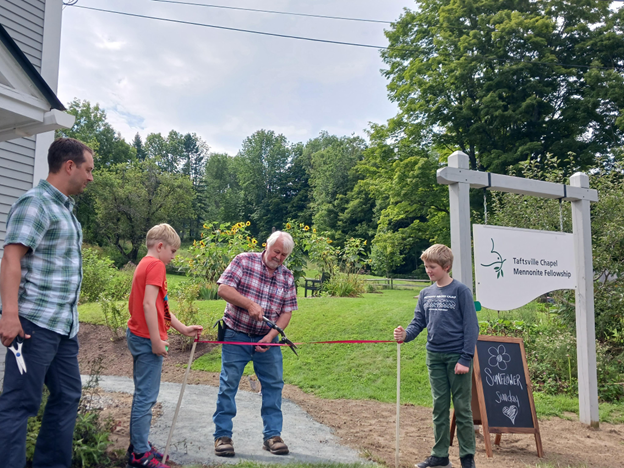
Taftsville Chapel Mennonite Fellowship Dedicates Accessibility Ramp
Steve McCloskey, Pastor, shares the church’s theological journey that led to the installation of the accessibility ramp.
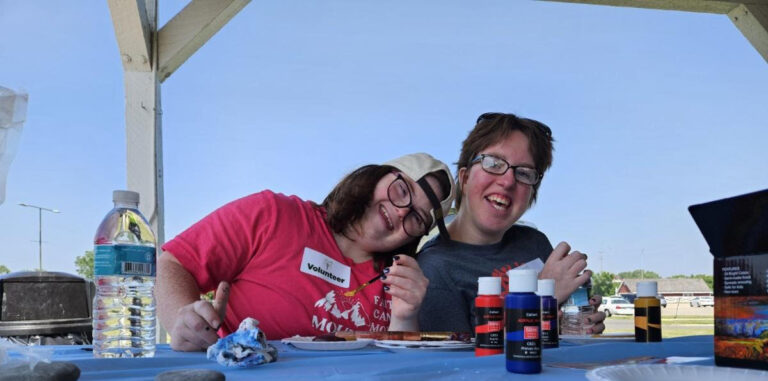
Conversations on Baptism and Belonging
Emily Krabill talks about baptism, church, God, and what it means to belong.

Little Deaths: Surrendering to the Life I Have
Reflecting on a chronic illness diagnosis, Laura Stone explores how she learned to surrender to a life she did not expect.
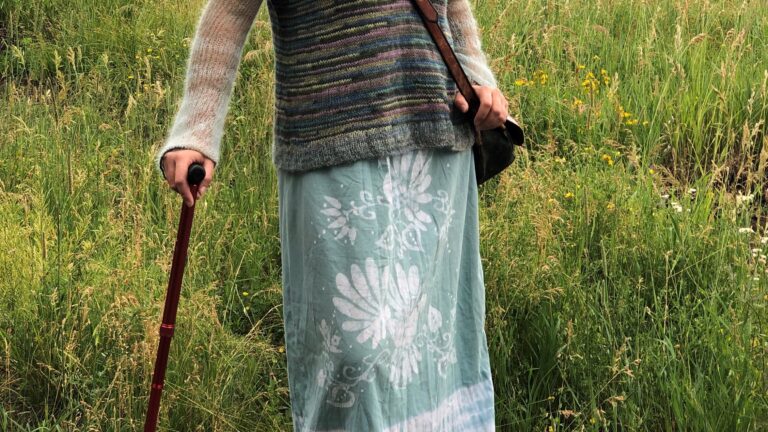
(Un)Loved: holding grace for myself in chronic illness
Jasmine Duckworth shares vulnerably about her struggle for self-acceptance after a chronic-illness diagnosis.

Loneliness: It Affects us All
M.Div. student Michelle Robichaud offers a few ways churches can support lonely youth who lack a feeling of connection.

Epiphany: See Our Guide!
Brandon Grady draws a connection between navigating life as a blind man and searching for Jesus as a magi.
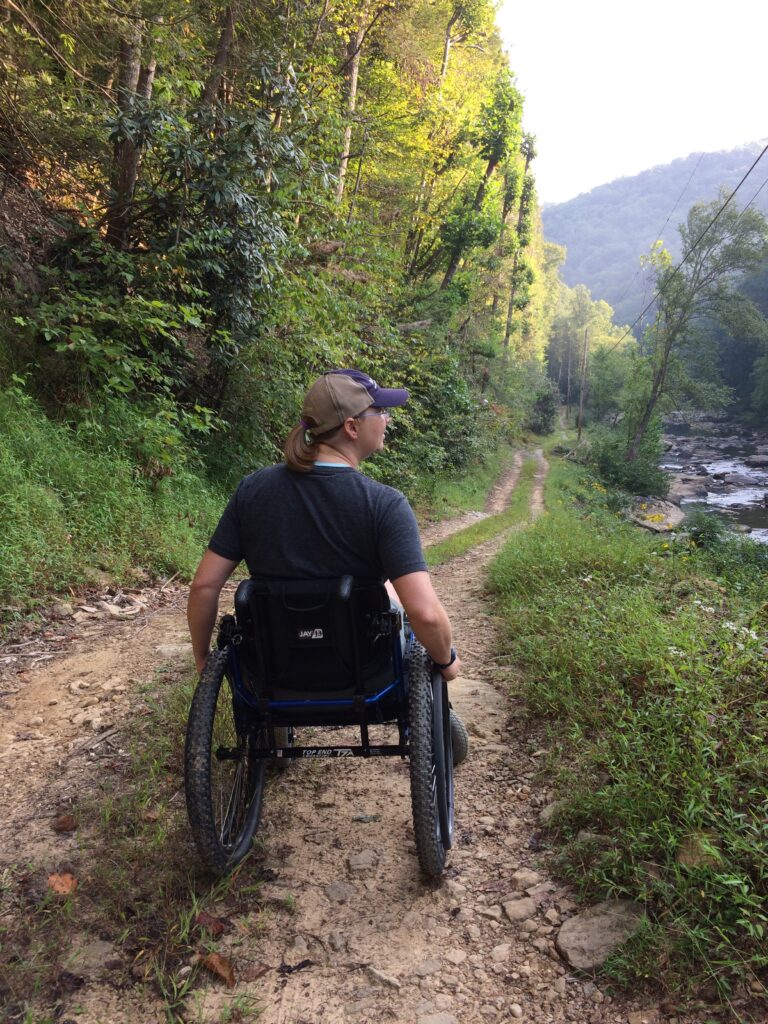
The Kin-dom of Heaven
In this poem, Sarah Werner provides an eloquent imagining of what it feels like to be wholly welcomed into God’s Community.

Wounded and Whole
Why does the Resurrected Jesus have wounds? Laura Stone muses in her sermon on disability and wholeness. Plus, a sneak peek of Laura and Peggy Gilbert’s performance poetry.

Embodiment in Worship
Sarah Werner reflects on the church’s changing beliefs about physical disabilities and calls us to a more embodied approach to worship.
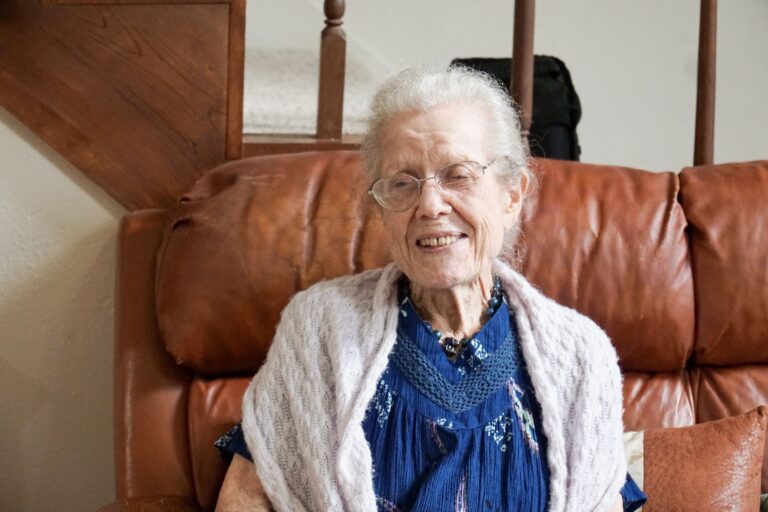
God Never Forgets
John Swinton writes on the intricate relationship between God and a person with dementia.
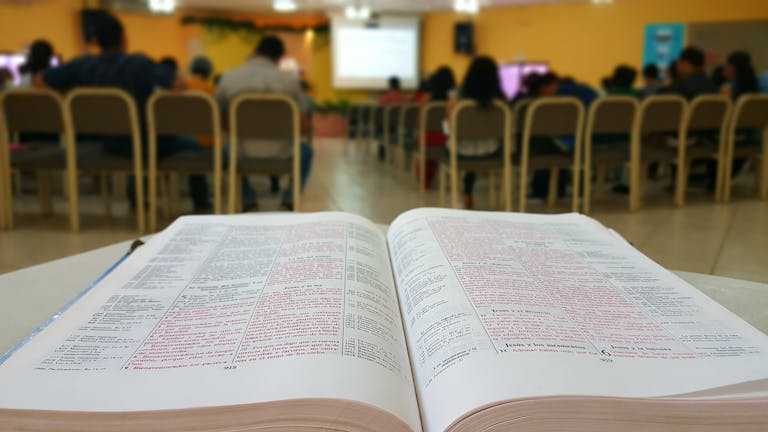
The “Me” You Don’t See
With a poem and essay, Chou Hallegra calls congregations and individuals to consider how to support people with mental illness.
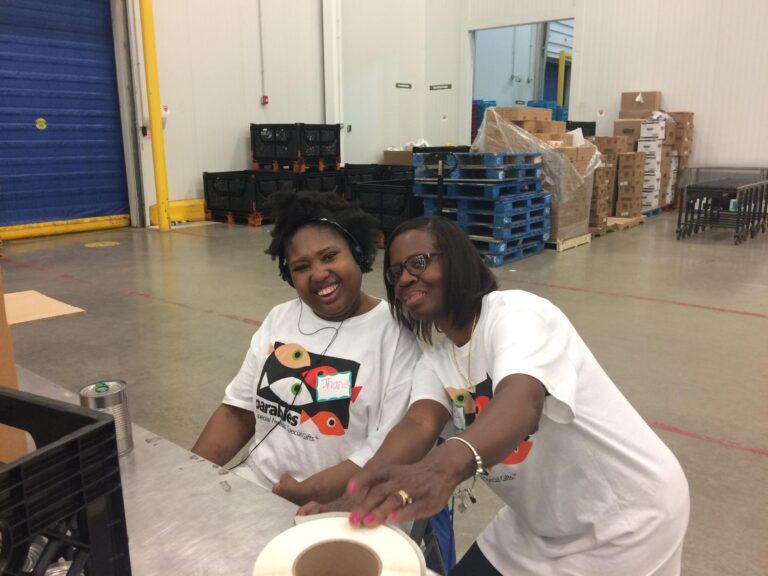
Making Spaces Welcome for All
Jeanne Davies calls congregations to greater belonging and inclusion.
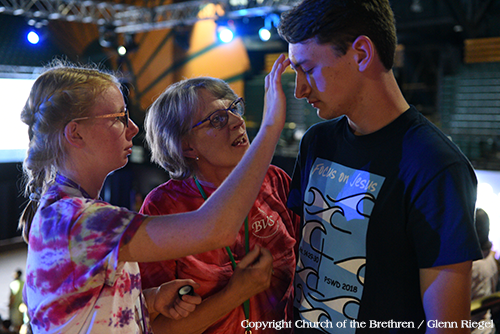
Trauma-Informed Care for the Congregation
Pastor Staci Williams provides an introduction to trauma and encourages grace and compassion when interacting with people with trauma.

Praying for Healing?
Rachel Joy sees her hearing loss as something that adds to her life, not as something to be cured.

Horses Live to Run
Christine Guth’s understanding of the word “human” shifted as her understanding of her autistic family members grew.


